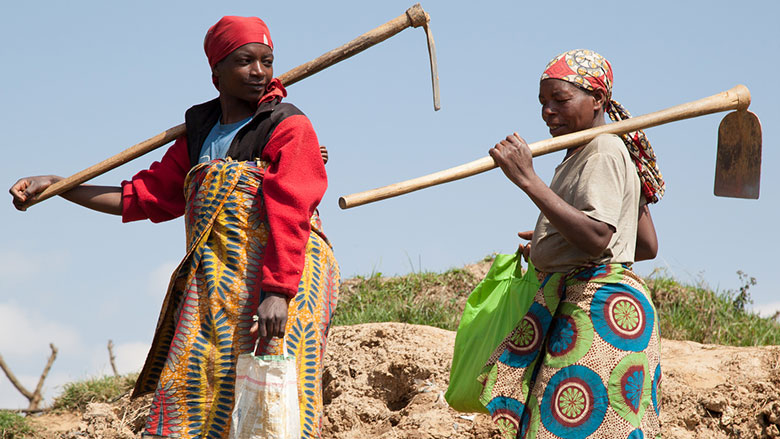
| Name: | Women and Land Rights Project End of Term Evaluation |
| Year: | 2011 |
| Client: | Action Aid Zimbabwe |
| Country: | Zimbabwe |
| Background: | Action Aid Zimbabwe conducted a baseline study on empowering women through land rights in 2009. The results of the baseline study indicated that women had limited access, ownership and control over land and other enabling resources hence efforts being made by women to fight hunger and poverty are frustrated. Findings from the study indicated that there were many reasons why women’s access, ownership and control of land was limited including: lack of knowledge and awareness about the legislation in land allocation, patriarchy, cultural and traditional values, practices and beliefs and the impact of semi-autonomous social fields. In light of this Action Aid Zimbabwe commissioned a Women’s Land Right Project (WOLAR) in 2009.WOLAR was a two year multinational project implemented in partnership with the Netherlands Institute for Southern Africa (NIZA). The main objective of the project was to enhance women’s access to, ownership and control over land in order for women to meet their basic livelihood needs and become economically independent and secure. The project was implemented in Mashonaland East province in Hwedza district, Manicaland in Makoni district and Matabeleland North in Nkayi district. |
| Objectives: | The objectives of the WOLAR project were:To increase knowledge among 1000 local women farmer’s on their land rights in Hwedza, Makoni and Nkayi.To increase political support of women farmers with respect to women’s land rights in Hwedza, Makoni and Nkayi.To facilitate formation of 100 local women farmer’s structures and strengthen their capacity to amplify women’s voices in political and decision making structures in Hwedza, Makoni and Nkayi.To organise an exchange visit for 6 rural women farmers and 4 WOLAR staff members to MalawiThe evaluation set out to review the effectiveness, efficiency, relevance, impact, sustainability, challenges and constraints, networking and collaborations as well as lessons learnt. |
| Activities: | The evaluation was carried out in four stages:Literature review, reviewing WOLAR activity plans, budget, baseline report on empowering women through land rights, WOLAR quarterly report and workshop reports. National, regional and international legal instruments.Development of data collection tools. Two sets of data collection tools were developed: a Key Informant interview guide and a Focus group guide. These instruments were developed based on the content of the project activity plans and the budget.Data collection. Participatory methodologies were used during data collection. These were in the form of Focus Group Discussions (FGDs) and Key Informant Discussions. Field visits were carried out in three sites: Goneso – Hwedza, Chiendambuya, and Zinyangeni.Data analysis and report writing – Qualitative data was collected and analysed after conducting field work. |


